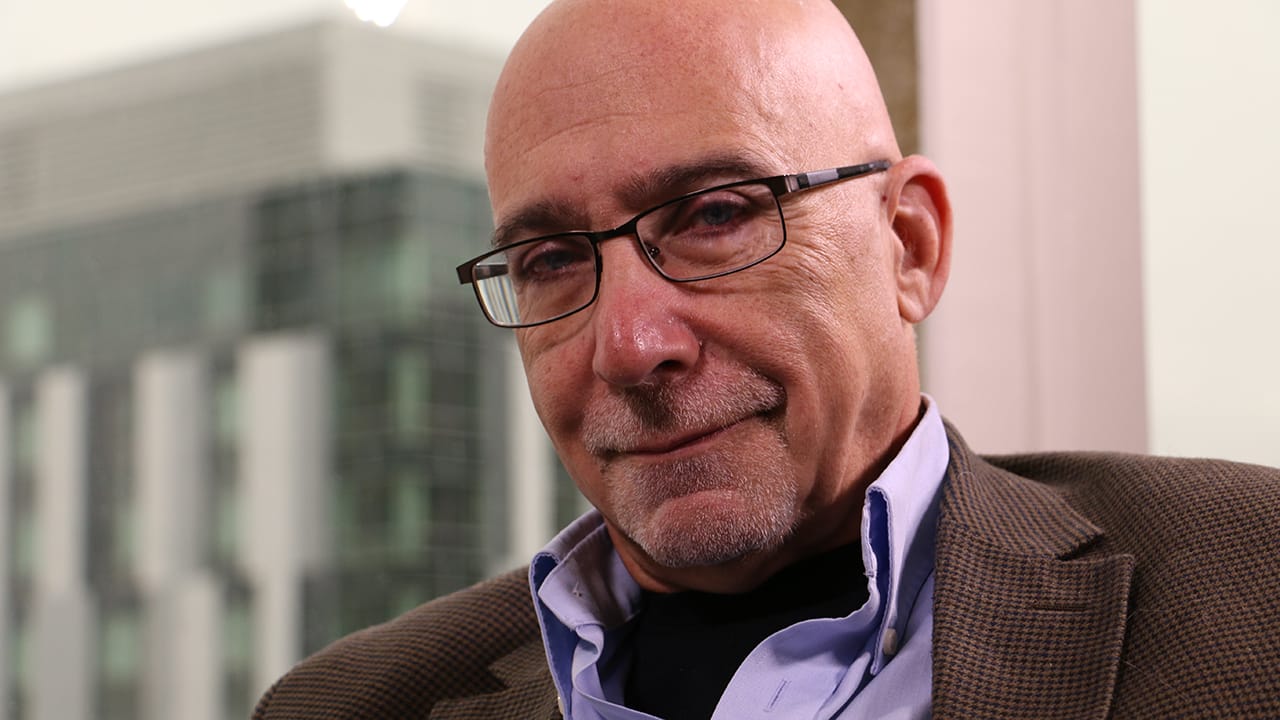Too Little Impact
When I think about the stories that we as startups need to tell to whomever is in our audience—whoever our stakeholders are, whoever it is that we want to impress or move to some kind of action—I think it’s all about “toos.”
I’m Chuck Goldstone and I’ve spent the last few years focusing my communication practice on the world of startups. I dealt for the longest time with established companies but I have never seen so much innovation, so many great ideas, and so many really interesting people who really want to do well and do good for others as I have in the startup world. But you could have a great idea, and your presentation could fail miserably. It’s about “toos.”
Too Much Information
We tend to want to tell people way more, especially initially, than they really want to hear. We can do more damage by telling people too much, too soon because often it is overwhelming. It’s often confusing, and it doesn’t necessarily add value to that initial interest in getting somebody to say, “Hey, that’s pretty fascinating. Tell me more.”
I can remember a number of situations in my own business world where I was ready to make a decision, until somebody told me just a little more than I needed to hear at that point because it either overwhelmed me, or forced me to think a little more about a decision I was already ready to make. It is always better to tell too little than too much, because if your audience is engaged and they don’t quite have it all, they’re going to ask a question. The reverse—if you tell people way too much and you’ve lost them—then it’s going to be very, very difficult to get them back.
Too Technical
The second issue is that often it’s too technical. We’re really close to what it is that we do, and in fact, much of what is interesting to us is the detail. When you’re speaking with someone, especially the first time, it is much better to stay on that 40,000-foot level. People can get lost in the detail. If something is too technical, especially if you’re dealing with someone who is not a technical person, you may lose them and not get them back. So the advice here is to start off on a much higher level. Stay at that 40,000-foot view. Show the big picture first. Then, once it’s understood, then later on you can layer on much more technical things.
The other mistake people make is giving technical information to people who do not value it at that point. Now keep in mind that most people are not going to be initially concerned about whether you use a blue wire or what programming code you use. They will be interested in the problem itself.
Too Much You
The third “too” is too much you. People ask us “What do you do?” but what they’re really asking about how what you do benefits whomever is in your audience. So it really doesn’t focus on you. It’s not about you. Your story needs to be your audience’s story. Think about it from their perspective. Make the story about them. Make the story about the solution you provide for them, about the problem you solve for them or the opportunity you tap for them. Because, is it about you? No. Your audience generally doesn’t care as much about you as they care about themselves.
Too Unimpressive
The final “too” is too unimpressive. For better or worse, it’s not just your idea, your technology, the really neat things that your app does that will make people decide to buy, especially in the investor world. They want to be impressed. You need to be as good as you can possibly be. You need to be credible. You need to be knowledgeable. You need to demonstrate that you have the leadership, management, and technical skills to be able to bring this little idea that you have to fruition. The way you do that is being as confident as you possibly can be and making sure that whatever you use to represent yourself is also impressive. You don’t have to be incredibly glitzy about it, but your visuals say sometimes as much about you. Your website sometimes says as much about you. Even your responsiveness to questions and answers or any interaction will say a lot about you. So, in fact, you have to be impressive and being too unimpressive does not work to your benefit at all.
About Chuck Goldstone
Author, mentor, entrepreneur, strategist, and creative catalyst Chuck Goldstone has helped domestic and global organizations leverage communication as a business asset and has inspired individuals to be more visionary, creative, persuasive, and confident. He is founder/CEO of Chuck Goldstone Communications and !deaworks New Venture Initiative and is a nationally respected authority on business presentations, corporate storytelling, the creative process, and communications strategy. Chuck has helped hundreds of companies be heard above the noise and his ground-breaking communications model and workshops have helped companies reach investors and markets. As a public radio commentator, he was heard for a more than a decade on 400 radio stations across the country on Marketplace. He is a popular keynote speaker, a humorist, and author and his groundbreaking communication model has earned national acclaim.
www.goldstonecom.com
www.Ideanvi.org
chuck@chuckgoldstone.com
617 748 8889

